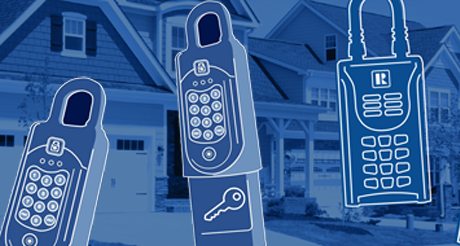Coffee Break with Chris Frampton
► Psst... After you enjoy the full interview, be sure to watch Chris answer even more questions in the Xpresso Round Video.
DMAR: Can you tell us a little bit about your professional background and how you got into the real estate industry?
Chris: I was born into it. I work for my dad today; he's a real estate developer. That's how I got started. When I went to college I was an English major and thought I was going to do journalism and then didn't. I worked for an apartment developer in Charlotte when I got out of school and then did real estate investment banking in New York for a while, then sales in Austin, and then moved here to Denver about 15 years ago.
When I first got to Denver I was working for East West Partners, which is our parent company for Slifer, Smith & Frampton - our brokerage firm - as the director of sales and marketing. Then I became managing partner for all of East West about seven years ago.
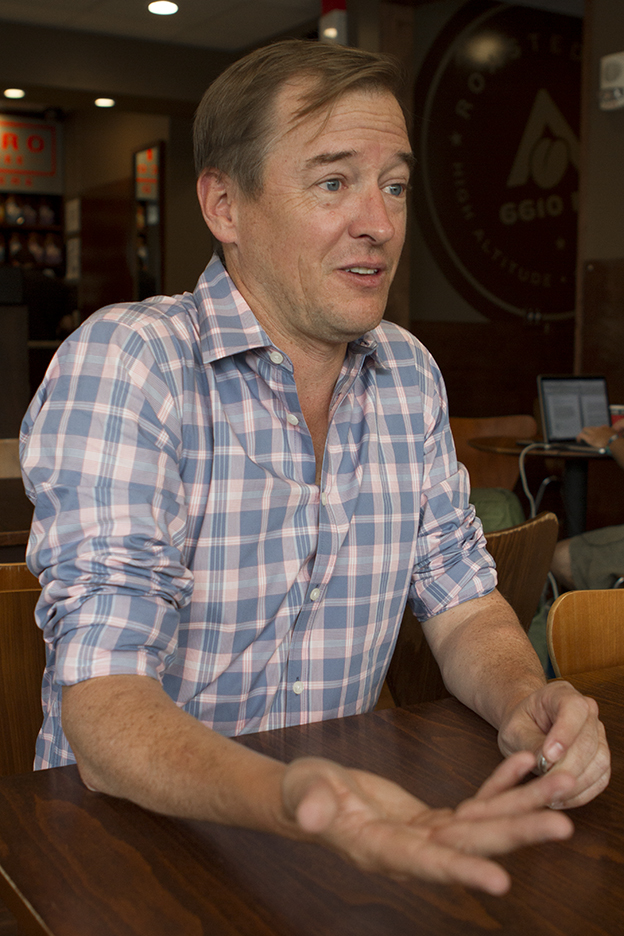 D: Can you explain the difference between Slifer, Smith & Frampton and East West Partners?
D: Can you explain the difference between Slifer, Smith & Frampton and East West Partners?
C: In Denver, East West has a family of companies that are located all over the country from Charleston, South Carolina, to Hawaii, but in Denver we have East West, the development company, and then we have a brokerage firm (Slifer, Smith & Frampton), and then we have a property management company, East West Property Management.
D: And what’s your role is in the company?
C: I'm a managing partner for East West Partners, Denver, so I'm involved in literally everything that we're doing. We have a team of about 70 people. Most of them work for our property management company, as building engineers, as accountants, and as front desk people. There's a person who runs all of that. There's also a person who runs our brokerage firm, and then each of our development projects has a leader. Honestly, I just interact with each of them and see where I can help.
D: Walk us through a day in your life.
C: My wife and I have three kids, so we all sort of wake up and get going. I work out two or three days a week and then I go to a coffee shop on my way into the office. Today it was Starbucks, and I sit down and sort of organize for about 10 minutes what my day is going to be like, and then I head in. It could be any number of things. A day like today, I started with a meeting about our new condominium project, The Coloradan, where we walked around the site for an hour working on signage. Then I went over to WeWork, which is one of our tenants, and met with a new broker who just joined Slifer, Smith & Frampton. I'm now sitting down for an interview with you guys, and then I'm not even sure what I’ve got planned for the rest of the day, but I move around a lot. I have lunch with somebody. I have a design team call for 16 Chestnut, which is our new office building that is under construction, so we'll be working on that. Then we have a design session on the penthouses at The Coloradan, and then we have a dinner tonight. We've been doing a lot of stuff, so I end up at a lot of meetings and walking around town a lot trying to figure it all out.
D: What's your favorite part of your day?
C: All of that. I love all the activity, and the energy is really fun. I like being able to do a lot of different things. I personally like real estate because of the end result of people living and working in their place. For example, we built Union Station. Being over there and watching people come off the train... we did that. Every time I see somebody with a rolling bag downtown now, I know that's because of the train station. I'm motivated by the end result.
[Tweet this] "I personally like real estate because of the end result of people living and working in their place." 
D: How many projects do you currently have in development?
C: Five. We have The Coloradan, the 16 Chestnut office building, a set of townhomes that actually launches this weekend called Buckley Row and Lowry, and then we own the landmark down at I-25 and Belleview. Those are the four development projects, and then we have a fifth one that we're working on.
D: Is 16 Chestnut the new skyscraper?
C: In the Union Station neighborhood we can only build up to 250 feet, so I don't really think of it as a skyscraper. It’s really just tall - it’s 250 feet and it's part of DaVita's headquarter, so they're taking 80 percent of the building.
D: As president of the board and founder of the Civic Center and Conservancy, can you share with us your work to help retain Civic Center as a community asset?
C: Gosh, probably a decade ago Susan Kirk, Elaine Asarch and Barbara Henderson asked me to join them on this board at the Civic Center, and I just said yes. We've been at it now for about a decade. Civic Center was a bad place. It was ugly and gross and had something like 25 years' worth of deferred maintenance. None of it worked and it was all falling down; there were holes in parts of the buildings and the grass was all dead. There was also a large transient population and a real drug problem… Civic Center was basically the place to buy drugs. That was sort of what we inherited, but today it's awesome, right?
[Tweet this] "... Civic Center was basically the place to buy drugs. That was sort of what we inherited, but today it's awesome, right?" 
Now as soon as it's warm enough until it's absolutely too cold, we've got food trucks and somewhere around three thousand people out there eating. We've got fitness classes every day and bike-in movies every night. We program somewhere around 140 days of activity, and we've managed to advocate for and raise somewhere around $20 million in improvements over those 10 years. In fact, this fall the McNichols building will reopen for the second time. As soon as we finish, we'll start raising money for the third phase. It's really fun. It's a cool public space.

D: It seems like you're doing so much, how do you manage to do all of these things?
C: I feel like I have a pretty good work-life balance… I think (laughs). I don't really like to be sitting still, so I just keep doing things. I’m obsessed with productivity, but I'm not good at it. I have a notebook, which I always use. Sometimes I'm good at it, sometimes I'm bad at it. It's probably a weakness, but at least I'm aware of it enough to deal with it.
D: What are your thoughts on construction defects and the impact on condo development?
C: Oh, that's such a boring question (laughs). It has definitely had an impact. There's no doubt that every city in America has had a massive boom. It doesn't matter where you are. I often joke that we think we're different, but we're really just ants and we're constantly on the go. It doesn't matter if you live in China or Asia or South Africa, people everywhere are moving downtown. In our particular set, we've obviously got a ton of residential development that's all been for rent, and that's really what the market has demanded. If you remember, we built a bunch of condos last cycle and didn't build any apartments, so there was a big lag of supply for apartments.
There's been a real clear demand from a capital market side, but if you look at our competitive set - Portland, Austin, Nashville, Seattle - they've had condo development. I wouldn't say they've had a boom - nothing like 2005 or 2006 - but they've had a lot of condominium development, and Denver really hasn't had any. I think that the reason for that has been people's fear about construction defect. There are less architects willing to do condominium work because they don't want to have to deal with it. There are less general contractors. It's not even necessarily the general contractor who makes the decision. They can't get the insurance, and then the equity folks are afraid of it on some level.
There is a demand for it. We're starting to see small bits and pieces around here and there of condominium developments - The Coloradan is coming, the new lake house project is coming, 250 Columbine. It's coming. People are figuring it out, but there's no doubt that the defect law is messed up. We've dealt with it since 2003, I think. It's not new. It is a difficult law both for HOAs and for developers because there are no clear boundaries within which to work, so we actually need the legislation - not so much so that we'll get more development - just to keep balance and really give people clear direction as to how to behave when there is an issue.
[Tweet this] "It is a difficult law both for HOAs and for developers because there are no clear boundaries within which to work, so we actually need the legislation - not so much so that we'll get more development - just to keep balance and really give people clear direction as to how to behave when there is an issue." 
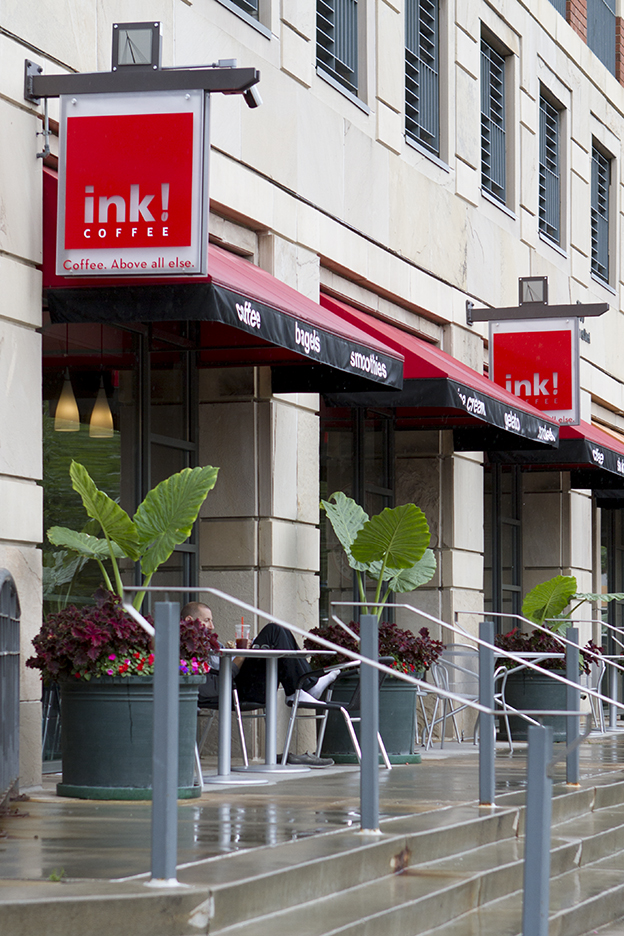 D: You mentioned HOAs. What role have they played in this?
D: You mentioned HOAs. What role have they played in this?
C: It's a little hard to explain because HOAs are like, "What do you mean? Being able to sue is actually helpful." It turns out, it's not. Once that legal process starts, then everybody has to turn on their flame thrower and point it at each other and they can't turn it off, and so you sort of stand across the street and everybody’s lawyers are shooting fire at each other because the legal process requires that. As long as there's no other way to manage things, it's hard. It takes a long time to work through. I'm hopeful they'll figure something out.
D: In terms of development, what do you think Denver is lacking?
C: Condos.
D: Just condos?
C: Yeah. Fundamentally, condos are supposed to be cheaper. That's the idea. In downtown they build luxury condos, but in the suburban train stops, getting that stuff to happen will be a really good deal, and just fundamentally denser. A lot more cottages, more Wash Park scale development, more Stapleton, and a lot less other places I'm not going to name in case I know the developer (laughs).
D: In terms of commercial development, how would you say Denver has changed and evolved in the last 10 years?
C: Well, there's been a ton of stuff built around Union Station, obviously, and then the amazing new market is the RiNo market that just sort of emerged with no big sponsor. A lot of great community leaders, but not one big city effort. In fact, in some ways the city is playing catch-up to it now. There's no doubt that the companies now look for the same thing that people who buy urban condos look for, which is restaurants, sports venues, transit and walkability. That kind of stuff has become much more important to folks.
D: What would you say has been the most groundbreaking development in Denver in the past five to 10 years?
C: In the past five to 10 years, it's Union Station. The thing to remember about Union Station is East West and Continuum Partners were master developers. We had an incredible group of people and amazing leadership from the city, leadership at RTD, plus the federal government throwing in money, neighborhood groups, and 94 people on the advisory committee… a lot of folks. It's a very Denver project in that way.
It was a 15-year process and there's no doubt it's changed the face of the city. You can actually answer the question, "Where would you take somebody when they came to town?" You would take them to Union Station. Before Union Station, there was LoDo. And LoDo is awesome, but Union Station took LoDo through the roof.
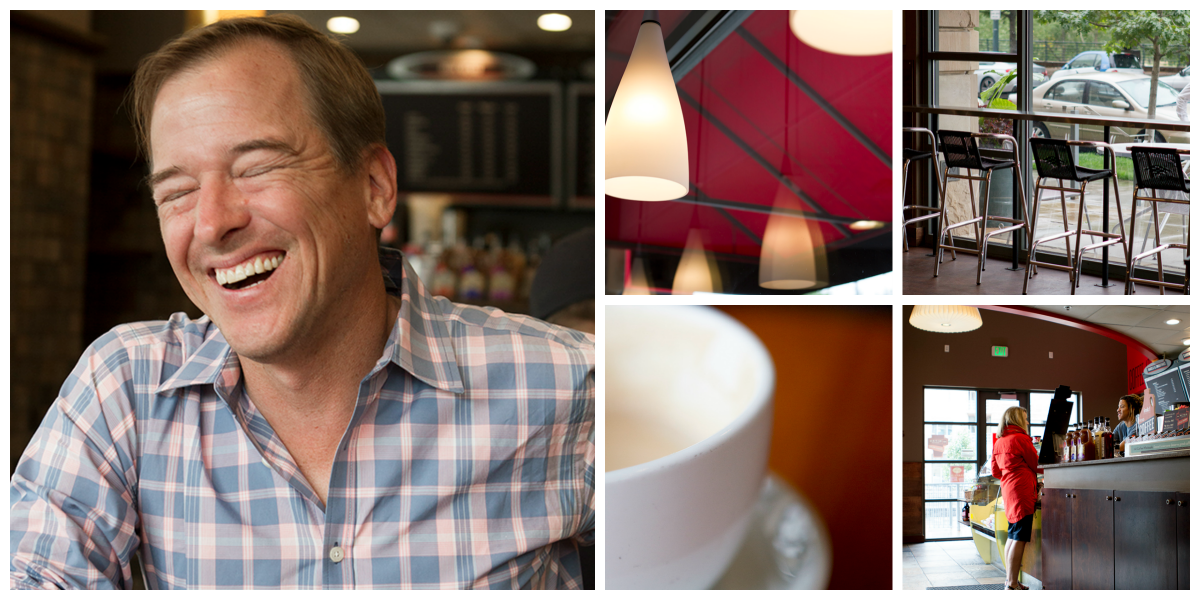
Sponsored:
[READ NEXT] Get the Most out of Your My REcolorado Profile Page ⇒
D: When the project started 15 years ago, what was the intention?
C: By the time we got involved, RTD had bought the station and knew they wanted it to be the hub. When we got into the design process, we really wanted to capture the energy of the train to sort of make the rest of the development work. Urban development is sort of a virtuous cycle. There's this sort of give and take - the retail makes the residential work, which makes the retail work, which draws for the office, which helps with the retail, which helps with the residential. We thought it’d be great to capture all these people on the train and juice the heck out of that.
Here in Riverfront and in LoDo, if there wasn't a baseball game and it wasn't the weekend, it was slow and quiet. The train station gives this “always-on activity,” and so our goal was to design something that could capture all of that. That’s why the train station doesn't have a door. The building has a door in the great train hall, but you get off the light rail, go through and connect between the two trains, and walk through the gardens on 17th street. It's not designed to go in and be captured there. Instead, all those people are all over the place, which was an intentional design decision.
[Tweet this] "The train station gives this 'always-on activity,' and so our goal was to design something that could capture all of that. That’s why the train station doesn't have a door." 
 D: What do you think is next for Denver?
D: What do you think is next for Denver?
C: That's a good question. I think you can generally follow the city's efforts, so it's pretty clear RiNo - particularly Brighton Blvd. - has long legs. The city is spending a ton of money on parks, which was a huge deal here. Never forget the first thing at Riverfront Park was Commons Park. Parks are a huge deal in an urban setting. The money they're spending on National Western - I think it's $250 million bucks or something like that - is a big deal.
I think that the area towards the airport is unequivocal. That's the only place where we can grow, and the mayor's team seems really focused on that. Downtown we get a lot of visibility, but we don't necessarily deliver the quantity, and out at the airport they have the chance to deliver that quantity. I think more than anything, it'll be a lot of small pockets of density. We'll continue to have a lot of suburban growth, that isn't going to stop. There's still a huge number of Americans who totally want a great backyard and a quiet street for the kids to ride their bikes on, so that's not going to go away.
D: How would you define the Denver brand?
C: I think Denver's brand right now, nation-wide, is a really forward thinking city. We have three great things going for us: access to the mountains, our weather, and our airport. With the airport, you can get anywhere in the world, and so I think that's a really big component, and we find a lot of jobs coming here because it's central. From a branding perspective, I think people think of it as a vivacious, fun, young, hip city, which is why we're kind of a secondary tech market and at the same time we've got all the gas. I think people just view it as fun place to be. And pot doesn't hurt.
[Tweet this] "We have three great things going for us: access to the mountains, our weather, and our airport." 
D: This has come up a few times, but we just wanted to hear more about The Coloradan project.
C: Interesting enough we're not talking about it too much. We don't start sales until next year, so it's all just sort of facts. It's 200 feet tall, 334 homes. Thirty-four of those will be deed restricted as part of the affordable housing program. There's a big retail component and then a bunch of condo amenities. It's a cool building, right at the nexus of all of that transit and restaurants and whatever activity. We're excited.
The building is terracotta, which we're really excited about. Everything else is either brick or precast. Terracotta is brick but there are these panelized terracotta. It works as a rain screen, and there's a little bit of it around Denver.
D: What positive changes have you seen as a result of all the commercial development here and maybe what negative impacts have you seen?
C: I think generally most of it's positive. It's brought a lot of energy and excitement to the city. It's been a great draw for all of us in terms of creating growth and jobs, and providing city services and all these really important things. On the negative side, there's unequivocally an undercurrent of folks who just don't like the change, and you can see that at Denver FUGLY. If you're not a member of the Denver FUGLY Facebook page, you should join today. There are about 25 hundred members, and of those some percentage are pretty upset about the changes. Undoubtedly there's a lot of development at once, so it tends to start to look all the same, although I would argue so does Paris and Bucharest. I think a small but reasonable group of people are worried about the pace of change.
D: Is there a sense of responsibility as a developer when you change the face of a neighborhood?
C: That's a good question, and we do worry about it. When an article comes out about one of our buildings or one of our projects, the very first thing I do is go on Skyscraper page in Denver and follow it and see if anybody said anything nasty, which they did with The Coloradan. Oh no!
We really do worry about it. For the most part though, everybody on our team comes from a pretty positive place. We view ourselves as 'place makers' and customer service providers and we're trying to do the right thing by the people who are going to buy from us, lease from us and be around our buildings. Mostly it's a positive thing, and it's responsibility, but we wanted that responsibility. That's why we got into it.
[Tweet this] "We view ourselves as 'place makers' and customer service providers and we're trying to do the right thing by the people who are going to buy from us, lease from us and be around our buildings." 
I don't want to overstate our role. All of us are sort of involved in it. Urban areas work because everything comes together and it's hard to say what the secret sauce of that is.
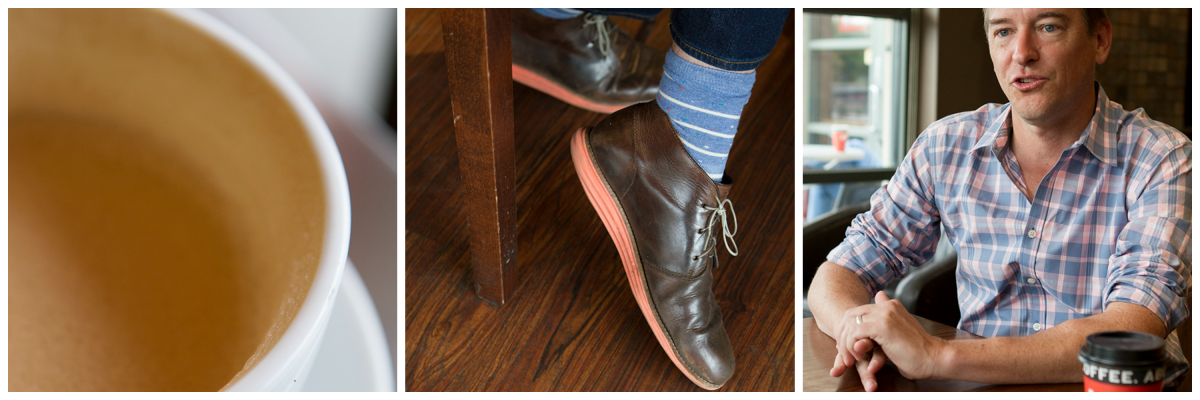
D: What's one upcoming development that you're most excited about?
C: We recently launched this townhome project, Buckley Row. We've been trying to figure out how to build really great quality homes when it's not just some 200-foot tower next to Union Station, which in some ways is very self-evident. We try to find these opportunities to do other stuff, and so it's a bit of an experiment for us to see if we can make Buckley Row work. At the end of the day it's 36 townhomes inside somebody else's master plan, but they're walkable. They're next to five parks, retail and community gardens. There are sustainability initiatives. It's a pretty unique idea to build a neighborhood that doesn't have the big neon glowing travel-by-train sign up on top of it.
I'm really excited to see how the market responds to it. We think it's going to be great because the neighborhood has been doing real well. New homes are selling fast and furiously, but it's a different kind of thing for us. It's not downtown. It's not in Riverfront Park. It's not in Union Station. I'm excited to see how it goes.
D: How would you describe your relationship with coffee?
C: I drink way too much coffee. I've had four shots of espresso and a drip this morning. I really like coffee. My wife is Cuban American and so her parents have a café con leche after every meal, but it's not some glamorous thing. It's hot milk with instant Nescafé in it and I love it. Getting a little cortadito at a stand-up bar somewhere is awesome. Sitting at cafecitos in Italy. I don't know. I like coffee.



